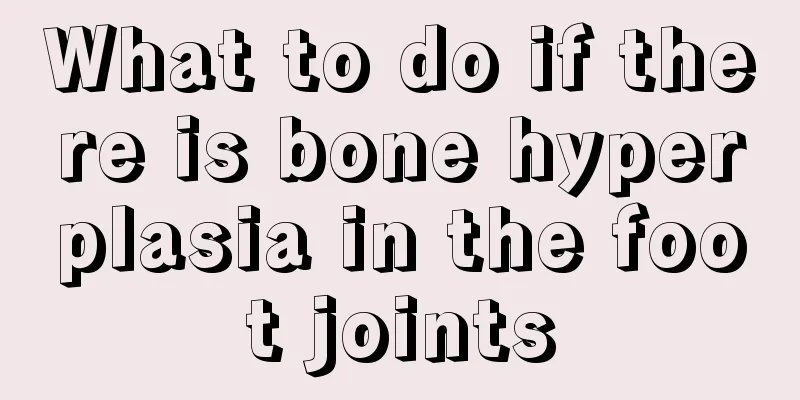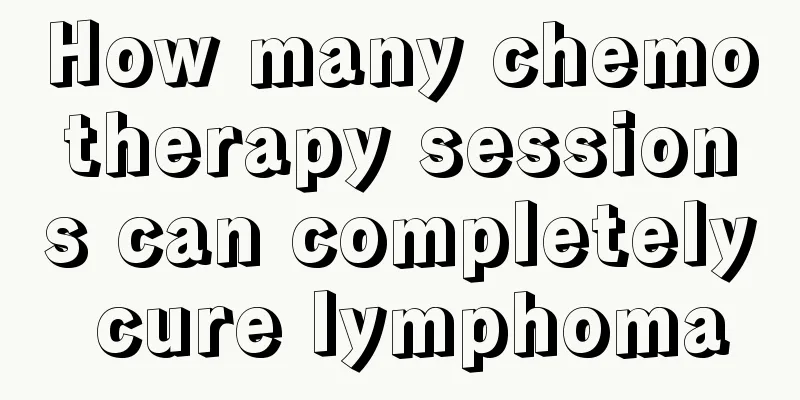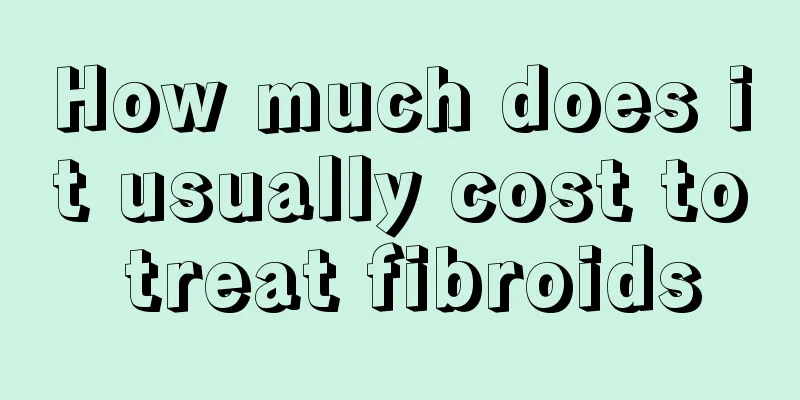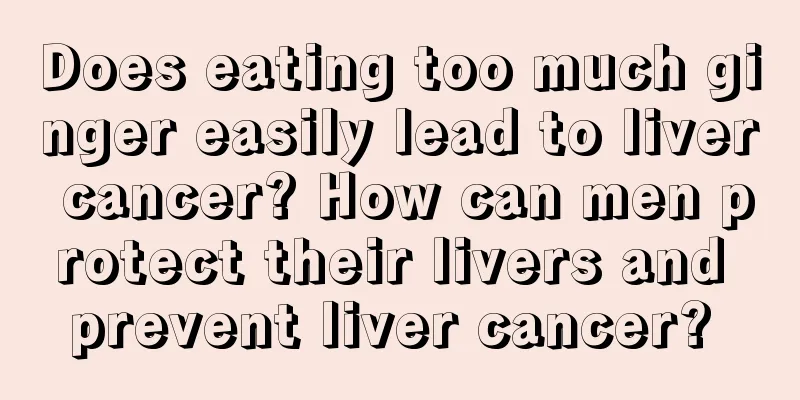Is it normal for prostate cysts to often cause pain?
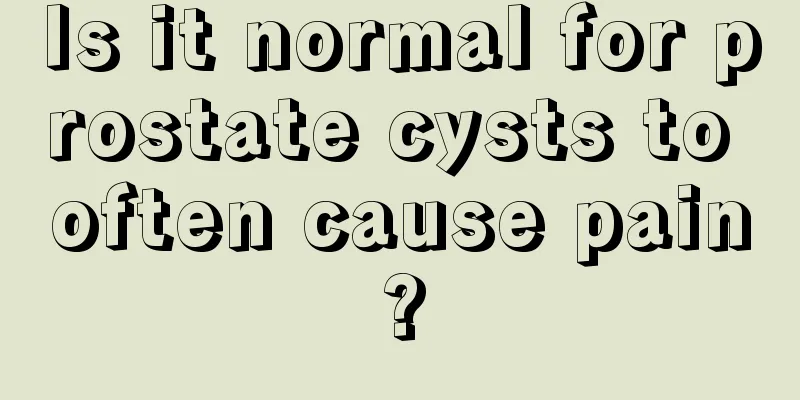
|
It is not normal for prostate cysts to often cause pain. It may be a manifestation of cyst enlargement, infection or other complications. You need to see a doctor in time to identify the cause and treat it. Common causes include cyst compression, infection or combined with other prostate diseases. Treatment methods include medication, surgery and lifestyle adjustments. 1. Cyst compression Enlarged prostate cysts may compress surrounding tissues and cause pain. When the fluid in the cyst increases or the cyst size increases, it will put pressure on the urethra, bladder or rectum, causing pain in the lower abdomen, perineum or lumbosacral region. The pain may be accompanied by symptoms such as difficulty urinating, frequent urination or urgency. Treatment: Medication: Use nonsteroidal anti-inflammatory drugs such as ibuprofen to relieve pain. Surgical treatment: For patients with larger cysts or severe symptoms, transurethral prostatic cyst resection or laparoscopic surgery can be selected. Lifestyle adjustments: avoid sitting for long periods of time, reduce the intake of spicy foods, and maintain regular urination habits. 2. Infection Prostate cysts may become inflamed due to bacterial infection, which can lead to increased pain. Infections may be caused by urinary tract infections, sexually transmitted diseases, or other pathogens, and can present with symptoms such as fever, urinary pain, and increased urethral discharge. Treatment: Medical treatment: Use antibiotics such as levofloxacin to control the infection. Surgical treatment: For patients with severe infection or abscess formation, cyst drainage or removal surgery is required. Lifestyle adjustments: drink more water, avoid holding urine, and pay attention to personal hygiene. 3. Combined with other prostate diseases Prostatic cysts may coexist with other prostatic diseases such as prostatitis and prostatic hyperplasia, aggravating the pain symptoms. Prostatitis may cause local congestion and edema, further compressing the cyst and causing persistent pain. Treatment: Drug treatment: Use alpha-receptor blockers such as tamsulosin to relieve urethral pressure, or use Chinese medicine conditioning such as Qianlie Shutong Capsules. Surgical treatment: For patients with prostatic hyperplasia, transurethral resection of the prostate (TURP) can be chosen. Lifestyle adjustments: Avoid overexertion and maintain moderate exercise, such as walking or swimming. If prostate cysts often cause pain, you should pay attention to them and seek medical attention in time to identify the cause and take targeted treatment. Medication, surgery and lifestyle adjustments can effectively relieve symptoms and prevent recurrence. It is recommended to have regular physical examinations and pay attention to prostate health to avoid worsening of the disease. |
<<: Treatment of pituitary tumors
>>: Difference between sarcoma and osteosarcoma
Recommend
What are the reasons for sudden weight loss
Some people have had this experience, where they ...
Will a mother with uremia pass it on to her daughter?
Uremia is like a terminal illness that has plague...
How to solve the problem of canvas shoes rubbing your feet?
We often encounter an important problem in our da...
What to eat after bladder cancer surgery
What foods are good for bladder cancer after surg...
Benefits of jogging for a month
Jogging is a very good aerobic fitness exercise. ...
Where is the best hospital for laryngeal cancer treatment
Laryngeal cancer comes silently, but its harm is ...
What are the early symptoms of leprosy
Leprosy is a common disease problem and a type of...
What are the effects and functions of peppermint essential oil?
Peppermint essential oil is also a common essenti...
What are the preferred treatments for early lung cancer? There are four treatments
If lung cancer is discovered early, it will natur...
What to do if hemorrhoids hurt so much
The main symptoms of hemorrhoids are painful defe...
What are the examination items for gastric cancer? These are essential
We all know that the occurrence of gastric cancer...
What is sodium in food
As we all know, when we eat some snacks, many che...
Symptoms of bone hyperplasia in fingers
As the physical functions of middle-aged and elde...
These 3 factors can actually induce prostate cancer
Among tumor diseases, prostate cancer is relative...
Can you drink bitter lemonade?
Everyone who knows lemons knows that lemons taste...

